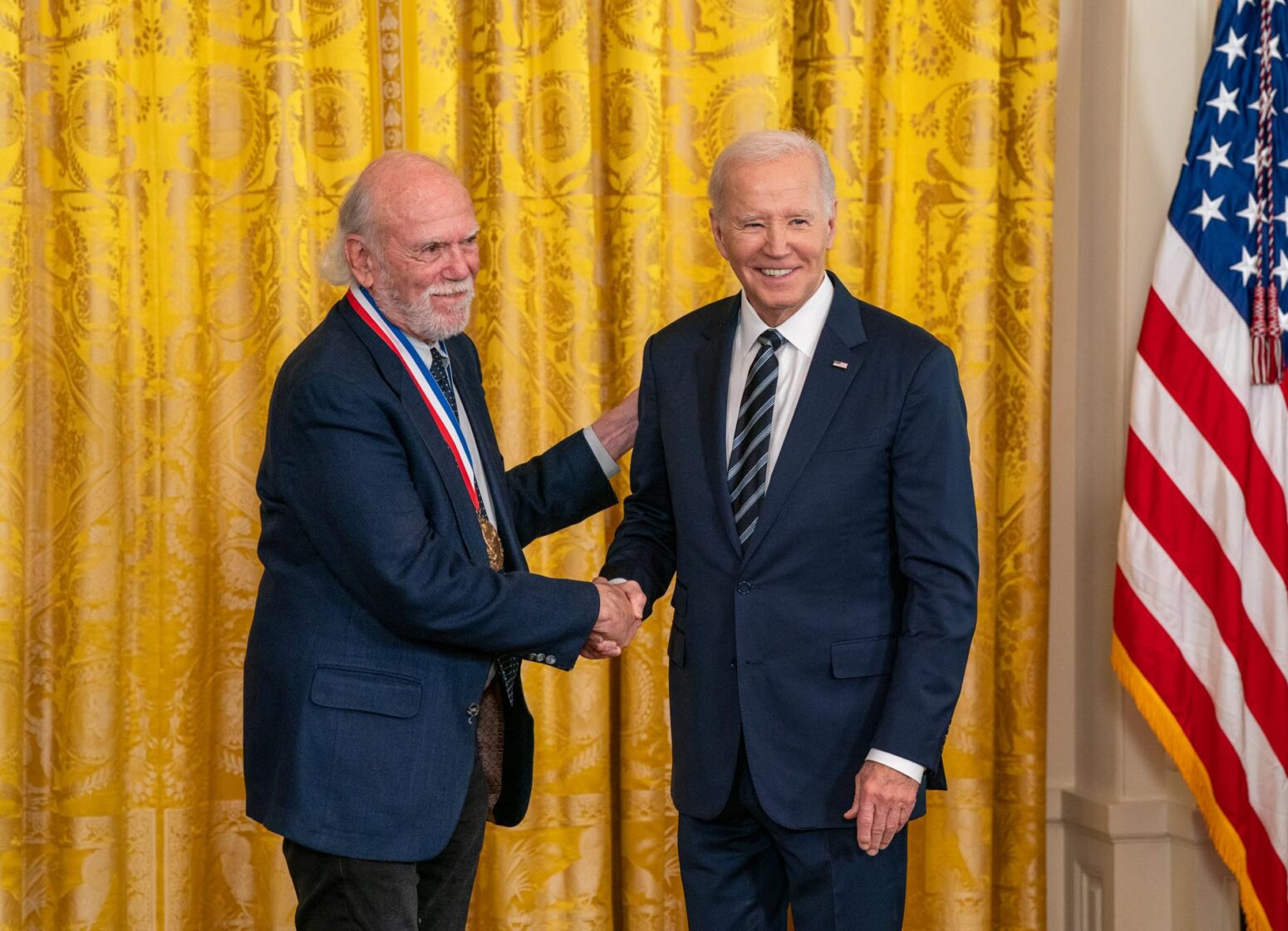Barry Clark Barish is the Ronald and Maxine Linde Professor of Physics, emeritus, at California Institute of Technology; Distinguished Professor of Physics at the University of California, Riverside; and the former director of the Laser Interferometer Gravitational-Wave Observatory. On September 14, 2015, LIGO made the first-ever observation of gravitational waves, confirming a major prediction of Albert Einstein’s 1915 General Theory of Relativity and opening a new way to observe the cosmos. Barish was awarded the Nobel Prize in physics in 2017, along with Kip Thorne and Rainer Weiss, for “decisive contributions to the LIGO detector and the observation of gravitational waves.”
Early in his career, Barish developed the first high-energy neutrino beam experiment at Fermilab. His experiment revealed the quark substructure of the nucleon and was instrumental in providing evidence that established the weak neutral current, the linchpin of the electroweak unification theories for particle physics. Barish co-led the design of the GEM detector, one of the two large detectors that was planned for the Superconducting Super Collider in Waxahachie, Texas. More recently, he was director of the Global Design Effort for the International Linear Collider that is presently being considered by the Japanese government for the next high-energy particle collider.
From 2003 to 2009, Barish served as a member of the National Science Board. He served as co-chair of the Department of Energy’s High Energy Physics Advisory Panel subpanel that developed a long-range plan for U.S. high-energy physics in 2001 and is presently a member of the U.S. National Academy of Sciences study on the future of Elementary Particle Physics. He is a member of the National Academy of Sciences, the American Academy of Arts and Sciences, and a fellow of the American Association for the Advancement of Science and the American Physical Society, for which he served as president in 2011. He has received a number of awards and honorary doctorates for his accomplishments, including the Klopsteg Memorial Lecture Award from the American Association of Physics Teachers in 2002.

